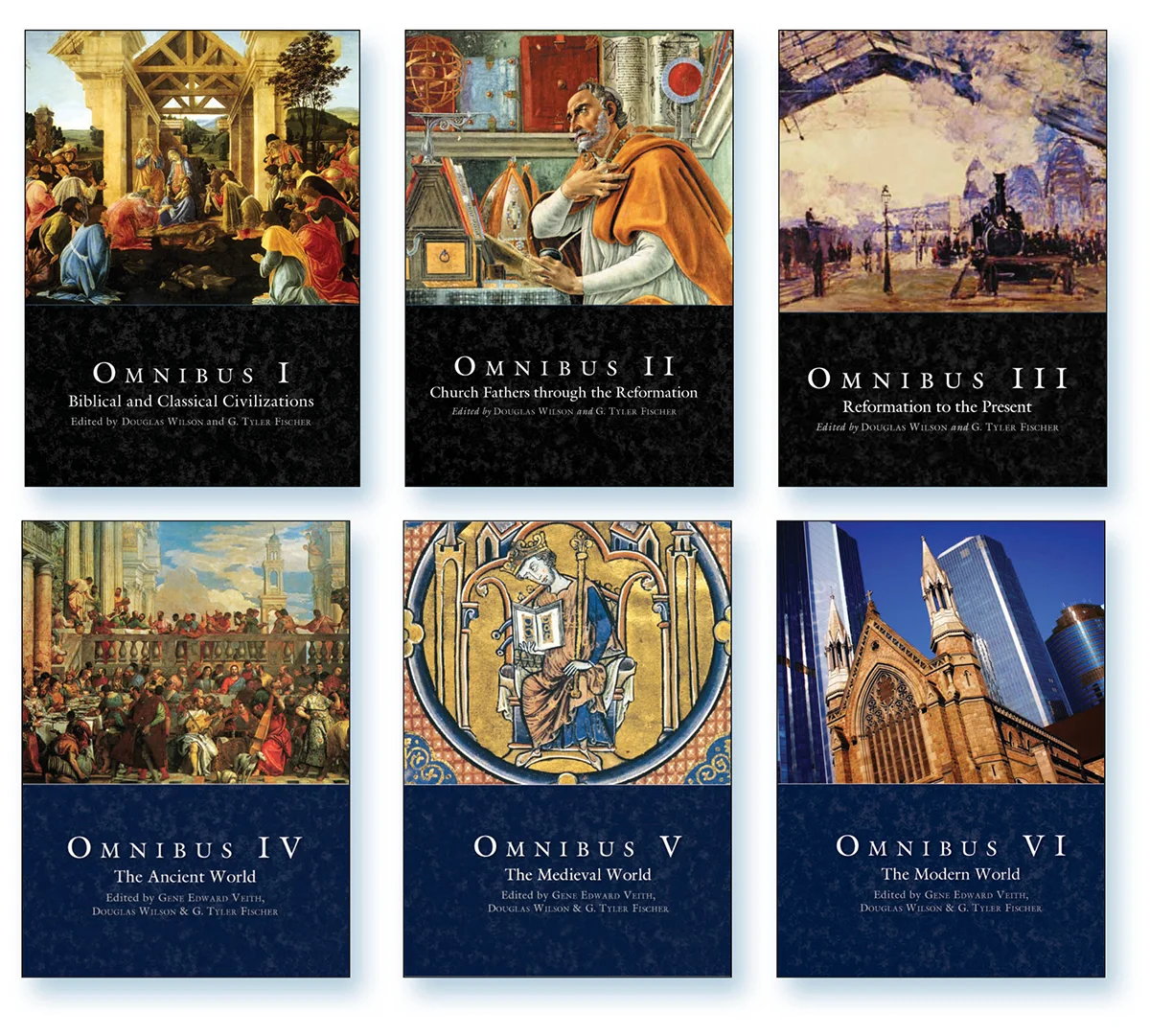Exploring Nature: Home Schooling Outdoor Adventures

Unleashing Learning: Home Schooling Outdoor Adventures
Home schooling is more than just books and desks; it’s a chance to explore education beyond the confines of traditional classrooms. One exciting avenue is integrating outdoor adventures into the curriculum, providing students with hands-on experiences that foster a love for learning and a deep connection with the natural world.
Nature as a Classroom: Beyond Four Walls
The great outdoors serves as an expansive classroom for home-schooled students. From biology lessons in the forest to astronomy observations under the open sky, nature offers a diverse and dynamic setting for learning. These experiences not only enhance academic understanding but also instill a sense of wonder and curiosity.
Environmental Science in Action: Learning Through Observation
Outdoor adventures provide a unique opportunity to delve into environmental science. Students can study ecosystems, observe wildlife, and learn about sustainable practices firsthand. Whether it’s identifying plants on a nature hike or conducting water quality tests in a nearby stream, the natural world becomes a living laboratory for exploration.
Physical Education in the Open Air: Active Learning Beyond Gym Walls
Physical education is an integral part of a well-rounded education. Home-schooled students can take their physical activities outdoors, engaging in activities like hiking, biking, or even setting up obstacle courses in a park. The fresh air and open spaces contribute to overall well-being while promoting an active and healthy lifestyle.
Cultivating a Sense of Adventure: Nurturing Curiosity and Resilience
Outdoor adventures instill a sense of adventure in students. Whether it’s camping trips, rock climbing, or exploring local trails, these experiences nurture curiosity and resilience. Facing challenges in an outdoor setting teaches problem-solving and adaptability, essential skills for navigating both academic and real-life situations.
Team Building through Outdoor Challenges: Collaborative Learning
Many outdoor activities involve teamwork and collaboration. Home-schooled students can engage in team-building challenges like orienteering or setting up a campsite. These experiences not only strengthen interpersonal skills but also foster a sense of camaraderie among peers, creating a supportive learning community.
Art and Nature: Creative Expression in the Great Outdoors
The natural world inspires creativity. Outdoor adventures provide opportunities for artistic expression, from sketching landscapes to creating nature-inspired sculptures. Integrating art into outdoor experiences not only enhances the aesthetic appreciation of the environment but also allows students to express themselves in unique and meaningful ways.
History and Heritage Exploration: Learning Beyond Textbooks
Outdoor adventures offer the chance to explore local history and heritage. Visiting historical sites, landmarks, or even conducting interviews with community elders provides a richer understanding of the past. This experiential learning approach goes beyond textbooks, making history more vivid and relevant to students.
Building Lifelong Connections: Family Bonding in Nature
Home schooling often involves strong family connections. Outdoor adventures provide a setting for quality family time. Whether it’s a weekend camping trip or a day exploring a nearby nature reserve, these experiences not only enrich education but also create lasting memories and strengthen family bonds.
Home Schooling Outdoor Adventures: A Holistic Educational Approach
In conclusion, integrating outdoor



64be9b29b5881.jpg)




